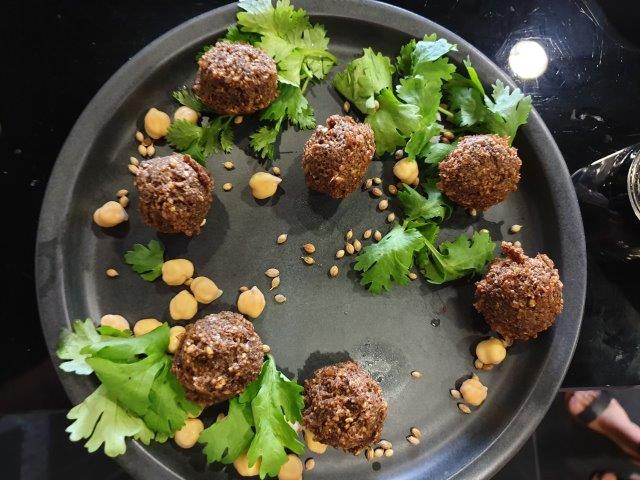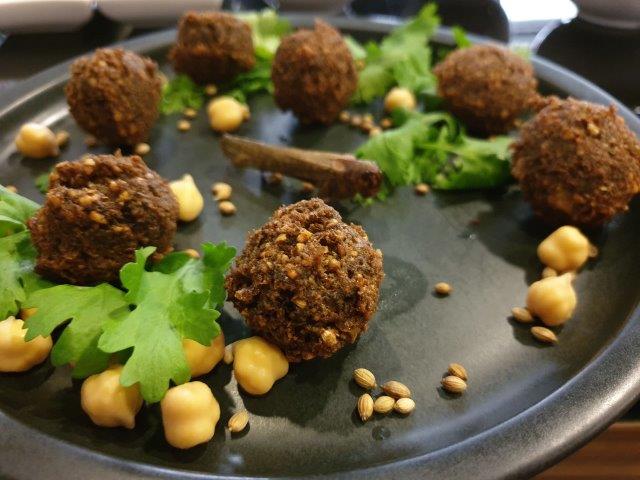Hargol FoodTech is the first in the world to grow grasshoppers on a commercial scale, year-round with high and constant quality
Dror Tamir, Co-founder & CEO Hargol FoodTech, dror@Hargol.com

Global population is expected to reach 9.8 billion by 2050, or 30% higher than it is today. This growth tendency, in addition to socio-economic changes such as rising incomes, increased urbanization and aging population are driving up the global demand for protein.
The United Nations Food and Agricultural Organization (FAO) estimates that the world needs to increase its food production by 70% by 2050, to feed a global population of over 9 billion, while existing protein sources – cereals, meat, dairy, fish – are reaching their limits, putting pressure on natural resources and damaging the environment. In order to address this problem, there is high demand for alternative proteins that are healthier, more sustainable, and affordable for populations around the globe. Scientists have conducted numerous studies proving the importance of protein ingredients in maintaining a healthy body.
For many years it has been known that insects provide a very efficient protein source. Among them grasshoppers take it to the extreme limit, with over 70% protein content. Offering an almost neutral taste and flavor has made grasshoppers the world’s most widely eaten insect. Consumed by over 1 billion people across Asia, Africa and Central America, grasshoppers are considered a national delicacy, enjoy high demand and bring very high prices: from double the price of beef in Africa up to $300 per 1kg in Saudi Arabia.
But there is just one problem – today the only source of grasshoppers is gathering them in the wild, which means a very short, limited season of 4-6 weeks per year.
Hargol FoodTech is the first in the world to grow grasshoppers on a commercial scale, year-round with high and constant quality. And for the first time, large populations around the globe have the option to enjoy their beloved delicacy year-round at reasonable prices from a safe source.

Research done in leading universities has already demonstrated the health benefits related to grasshopper consumption, and given their minimal foot print –reducing greenhouse gas emissions by 98.8%, reducing water consumption by X1,000, reducing arable land usage by X1,500 times to produce 1kg of protein compared to beef – grasshoppers have started to attract consumer interest in developed countries.
For example: for the last 3 seasons visitors to the Mariners ball park in Seattle can enjoy a snack of whole roasted grasshoppers, and a growing number of restaurants in North America and Europe have added grasshopper dishes to their menus.
Hargol FoodTech doesn’t stop there. The company constantly develops new innovative products based on its unique ingredient. The first product is expected to hit the market in Q4 2019.
So, if you want to sample a bite from the future – Look for Hargol’s grasshoppers on the shelves of your local supermarket.
This article was published in the special issue for FWD 2019
Source: Israeli agriculture website www.israelagri.com
Comments
Post a Comment